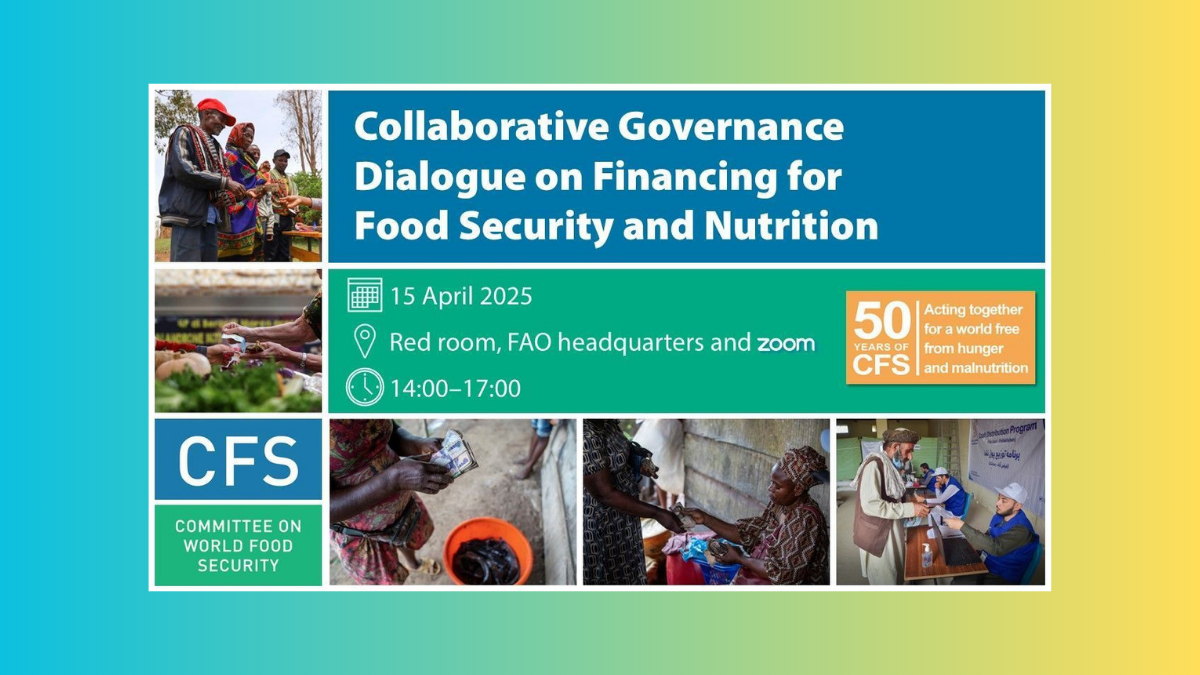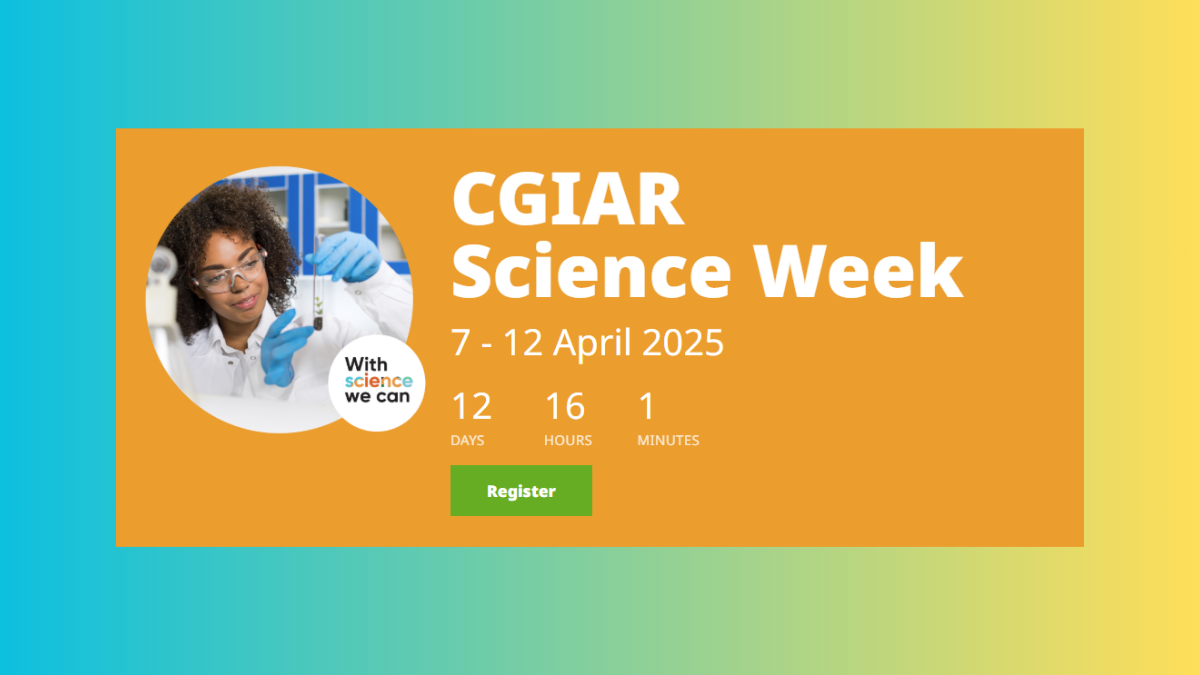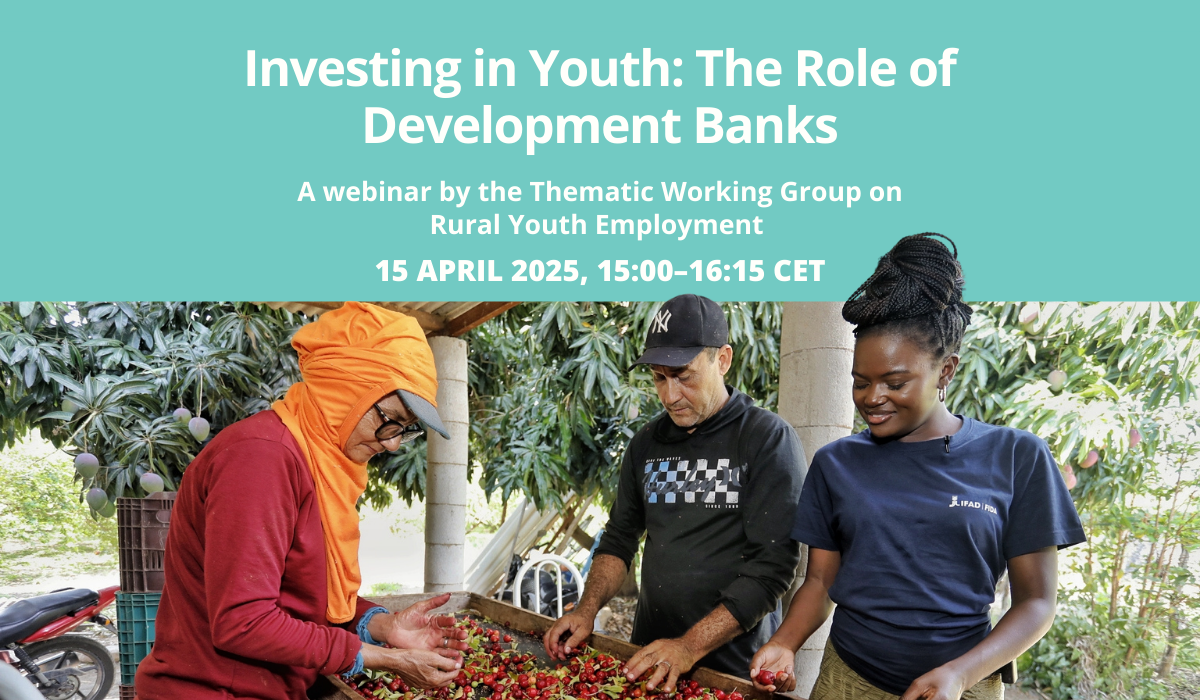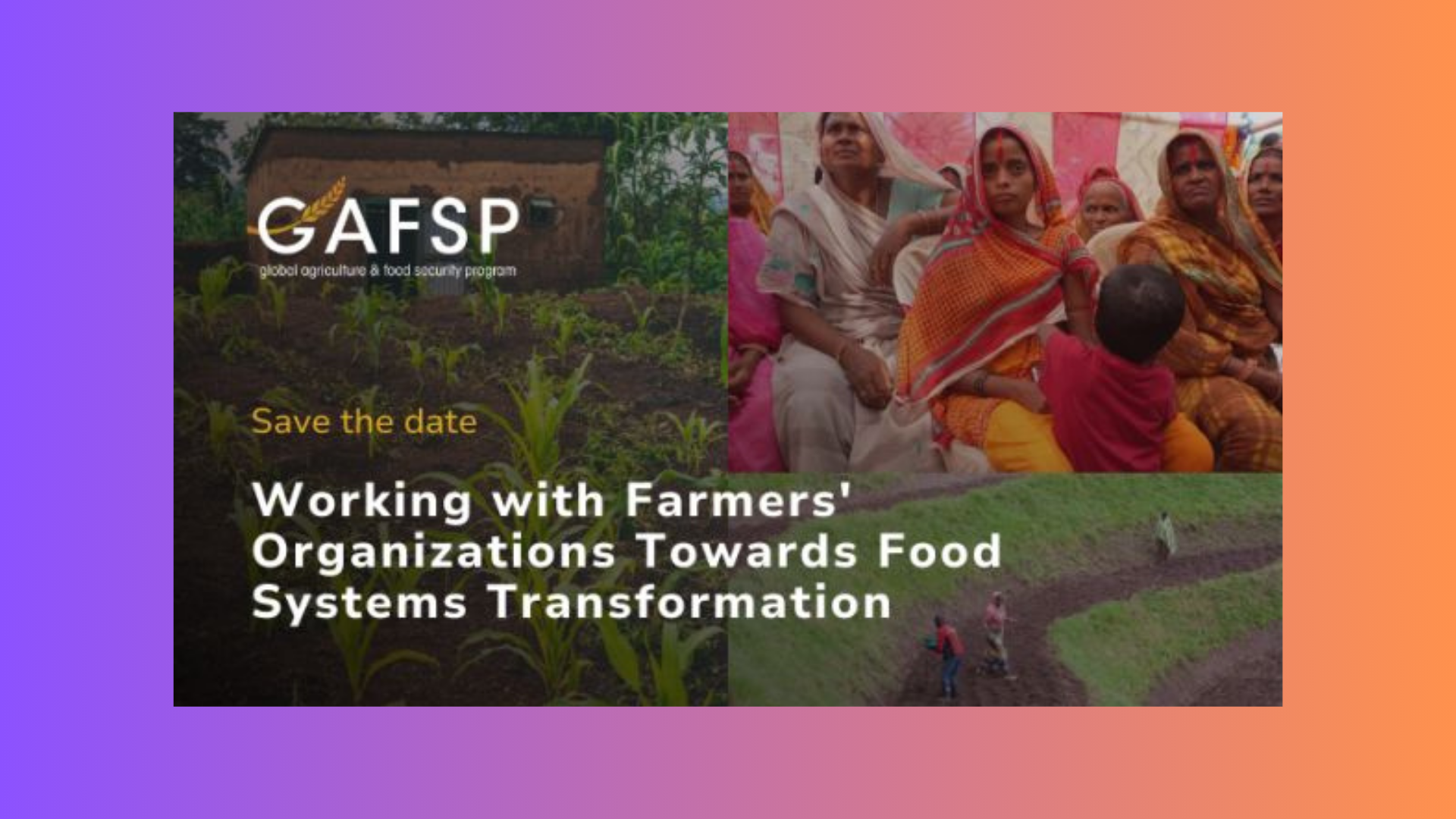24 July 2024 | 14:00 CEST / 9:00 GMT-3 | Webcast from Rio de Janeiro, Brazil
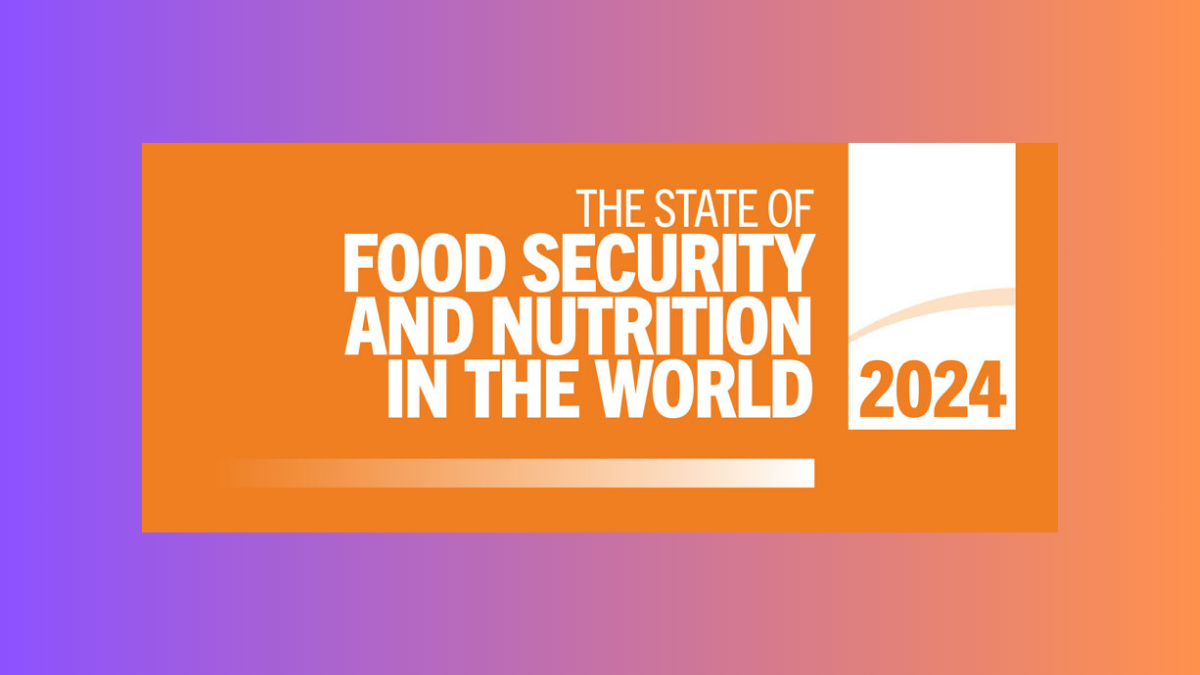
Links
Learn more about development finance
The UN’s The State of Food Security and Nutrition in the World (SOFI) report will be launched on Wednesday 24 July 2024 in Rio de Janeiro, Brazil, where new UN data and statistics regarding global hunger, food insecurity, and malnutrition in all its forms will be released. The SOFI 2024 theme is “Financing to End Hunger, Food Insecurity and Malnutrition in All its Forms” and the launch takes place at a special event on the margins of the G20 Global Alliance against Hunger and Poverty Task Force Ministerial Meeting.
This full launch comes after a preview of key report messages during a special event on 15 July 2024 in UN Headquarters, New York on the side-lines of the ECOSOC High-Level Political Forum (HLPF).
The State of Food Security and Nutrition in the World (SOFI) is an annual flagship report jointly prepared by the Food and Agriculture Organization of the United Nations (FAO), the International Fund for Agricultural Development (IFAD), the United Nations Children’s Fund (UNICEF), the World Food Programme (WFP) and the World Health Organization (WHO). Every year, it monitors and analyses the world’s progress towards ending hunger, achieving food security and improving nutrition. It also provides in-depth analysis on key challenges for meeting SDG Targets 2.1 and 2.2 in the context of the 2030 Agenda for Sustainable Development. The report targets a wide audience, including policymakers, international organizations, academic institutions and the general public.
SOFI 2024 report and current levels and gaps in financing for food security and nutrition
Given the reversal in progress and the significant increases in hunger and food insecurity in recent years, the world is far off track to meeting SDG Targets 2.1 (ending hunger and food insecurity) and 2.2 (eradicating all forms of malnutrition). Rising hunger and food insecurity has wiped away past progress and is on a dangerous trajectory given the vulnerability of our agrifood systems to the major drivers behind these trends.
To reach the scale of actions needed, sufficient levels of financing for development and a more cost-effective use of them will be critical to their success. Current levels of finance development are both insufficient to end global hunger, food insecurity, and malnutrition, and in many instances not utilized in the most cost-effective manner. SDG Targets 2.1 and 2.2 will remain out of reach without effective and sufficient financing to transform our agrifood systems with greater resilience to major drivers of food insecurity and malnutrition, while addressing inequalities and ensuring they deliver affordable healthy diets.
Analysis on the theme of this year’s report will contribute a better understanding of the current levels of financing for action that contribute to improve food security and nutrition, and the financing gap that needs to be bridged to meet SDG Targets 2.1 and 2.2. With updated estimates on how countries are affected by the major drivers, the report will also provide guidance on innovative financing options that must be leveraged to end hunger, food insecurity and malnutrition.

